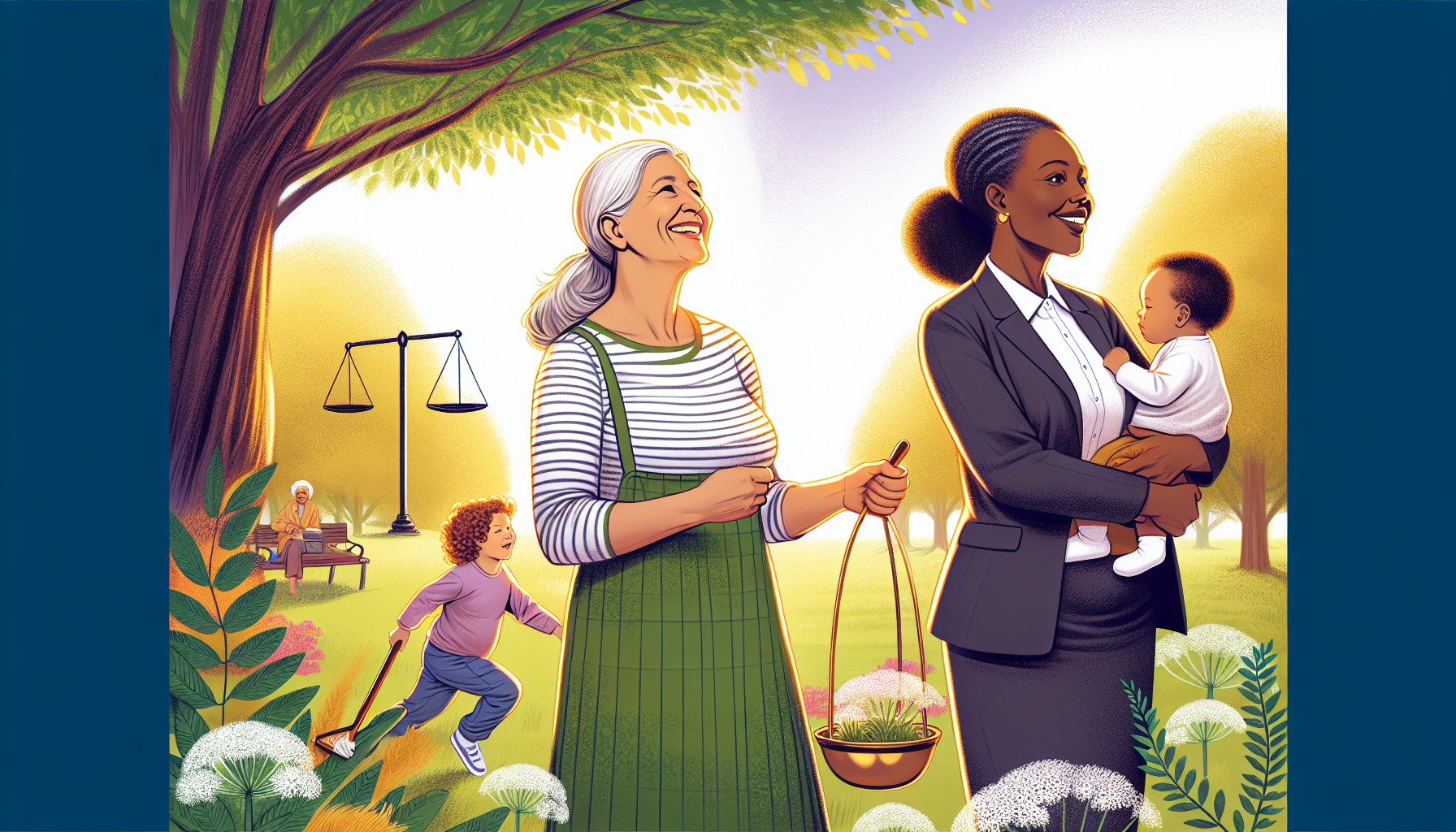Breaking the Double Standards: Women's Rights and Late Motherhood
Introduction: Are Double Standards Still Influencing Our Lives?
In a world striving for gender equality, why does society still hold different expectations for men and women, especially concerning family and reproductive choices? Hollywood actress Sienna Miller has reignited this debate with her candid remarks on the criticisms faced by older mothers—a conversation that challenges lingering gender biases.
The Rise of Late Motherhood
In recent decades, societal norms regarding motherhood have shifted significantly. Factors such as career priorities, financial stability, and personal readiness have led many women to choose motherhood later in life. Sienna Miller, who became a mother again at 41, highlights the increasing acceptance and occurrences of "later-in-life" pregnancies.
However, this choice often encounters skepticism. Criticism stems not only from personal opinions but also from medical perspectives. The American College of Obstetricians and Gynecologists (ACOG) notes the increased risks associated with pregnancies in women over 35. These include higher chances of complications like hypertension, preeclampsia, and risks to the baby's health. Yet, advancements in medical science have empowered many women to safely embrace motherhood beyond traditional timelines.
Gendered Critiques: A Double Standard?
Miller's comments bring attention to a glaring discrepancy in societal attitudes. While male actors like Al Pacino and Robert De Niro welcoming children in their later years receive minimal backlash, women often face harsh scrutiny. This disparity not only highlights persistent gender biases but also raises questions about deeper societal expectations.
Why is it that men appear to enjoy the luxury of choice without judgment, whereas women are often bound by an invisible deadline? Miller's critique of this "double standard" reflects a broader dialogue about gender roles and expectations still entrenched in modern culture.
The Impact of Societal Judgments on Women
Women navigating motherhood later in life face a barrage of judgments that can impact mental and emotional well-being. These criticisms often paint older mothers as irresponsible or selfish, overshadowing their capacity to provide nurturing and stable environments for their children.
Miller's experience shines a light on the need for a shift in perception—one that respects women's autonomy over their reproductive choices and recognizes the unique contributions they can make as mothers, regardless of age.
Breaking Free: Embracing Choice and Autonomy
The conversation around late motherhood is not merely about biology or age. It's about recognizing and respecting women's rights to make choices about their bodies and their lives. Women deserve the freedom to define what motherhood looks like for them, without conforming to outdated norms or enduring social opprobrium.
As societal perceptions evolve, the narrative must shift from judgment to support. Providing women with resources, education, and compassionate healthcare can empower informed decisions, fostering environments where women feel supported rather than scrutinized.
A Hopeful Future: Towards True Gender Equality
Ultimately, the discourse initiated by Miller and others advocating for women's reproductive rights is a step toward dismantling ingrained gender biases. Achieving true gender equality involves not only changing laws and policies but also transforming societal attitudes that confine individuals to outdated roles.
It's a challenge to everyone to question existing stereotypes and contribute to a more inclusive society. Can we envision a future where choices about when and how to become a parent are met with understanding and respect rather than judgment?
Conclusion: Reflecting on Our Role in Shaping Society
As we ponder the narratives surrounding motherhood, gender, and equality, let us ask ourselves: Are we active participants in sustaining unequal standards, or are we champions for change?
Through awareness and advocacy, we can contribute to a society where each individual's choices are respected, and equality is not just a goal, but a reality. So, the next time you encounter conversations around parenthood and age, how will you choose to respond?

